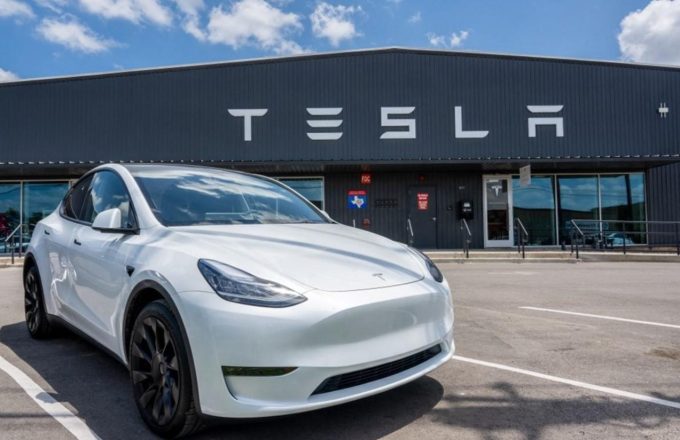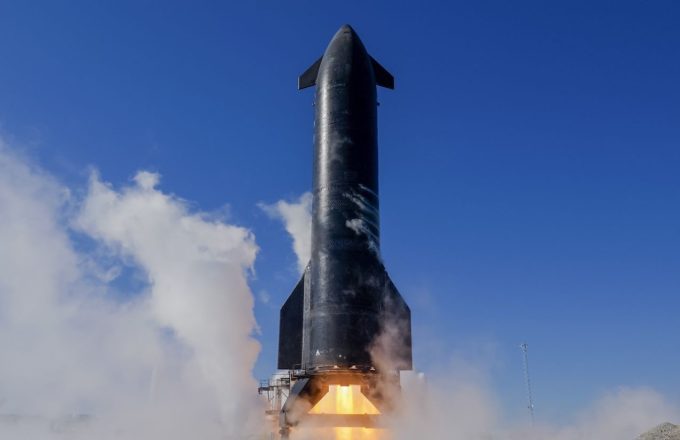European companies are scaling back costs and putting investment plans in China on hold, responding to a slowing economy and intensifying competition that continues to drive prices downward. These trends are highlighted in the 2025 Business Confidence Survey released Wednesday by the European Union Chamber of Commerce in China.
The outlook reflects broader challenges facing the world’s second-largest economy, weighed down by a prolonged real estate crisis that has dampened consumer spending and sparked concern in both Brussels and Washington over China’s surging exports.
“The situation has deteriorated across many key indicators,” the Chamber warned in the report’s introduction, which summarizes the responses of nearly 500 European companies surveyed between January and February.
The same forces driving China’s export boom are also weakening its domestic market. Heavily subsidized by the state, Chinese companies have poured investment into strategic sectors such as electric vehicles, creating a level of industrial overcapacity that far exceeds local demand.
The result has been fierce price wars that are eroding profits and pushing companies to expand into overseas markets—raising red flags in Europe. In 2024, the European Union imposed tariffs on Chinese-made electric vehicles, citing unfair state subsidies by Beijing.
“There’s a growing perception that the benefits of the bilateral trade and investment relationship are not being shared fairly,” said Jens Eskelund, president of the EU Chamber in China, in remarks to the press earlier this week.
While acknowledging Beijing’s efforts to boost consumer spending, Eskelund emphasized that the government must also act to ensure supply growth does not continue to outpace demand.
The survey indicates that downward pressure on corporate earnings intensified over the past year, and that business confidence has yet to hit bottom.




















